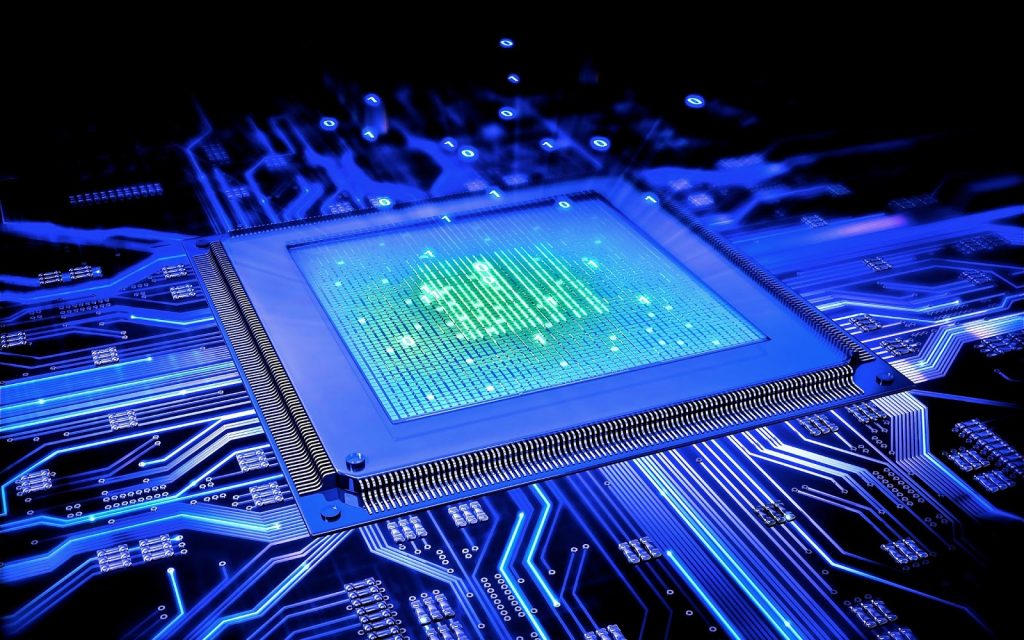Intel Unveils Sixth-Generation Xeon Processor Line

Intel has officially introduced its sixth-generation Xeon server processors, prioritizing energy efficiency and advanced capabilities.
The Xeon 6 lineup features two distinct types of cores, tailored for various applications, with a significant focus on artificial intelligence (AI). For the first time, the Xeon processors incorporate both performance cores (P-cores) and efficiency cores (E-cores). The P-cores are larger and optimized for high-performance tasks, while the E-cores are smaller, designed for less demanding operations with lower clock speeds. This architecture allows for a flexible combination of cores, with one E-core variant capable of supporting up to 288 cores.
Intel emphasizes that the primary application for these processors will be AI. Matt Langman, Intel’s VP and GM, stated, “Every business is becoming an AI business,” highlighting the need for efficiency in operations and product development.
The Xeon 6 launch features two main families: the Xeon 6 6700 Series and the 6900 Series. The 6700 Series can include up to 144 E-cores or 86 P-cores, supporting eight memory channels with speeds up to 6400 MT/s DDR5 and 8000 MT/s MCR DIMM, alongside up to 88 PCIe 5.0/CXL 2.0 lanes and four UPI 2.0 links. Each chip has a power consumption of 350 watts.
In contrast, the 6900 Series boasts up to 288 E-cores or 128 P-cores, with twelve memory channels capable of 6400 MT/s DDR5 and 8800 MT/s MCR DIMM. It offers up to 96 PCIe 5.0/CXL 2.0 lanes and six UPI 2.0 links, with a higher power draw of 500 watts.
Intel’s goal with the E-core is to encourage server consolidation, aiming for a potential threefold reduction in rack space, with performance gains reaching 4.2 times and improved efficiency of up to 2.6 times compared to its second-generation Xeon processors for media transcoding tasks.
Langman illustrated this by noting that a typical mid-sized data center with 200 racks could achieve significant savings, reducing the rack count to just 66 with the new Xeon 6, resulting in substantial energy savings over four years.
Gaudi AI Accelerator Pricing Announced
Alongside the Xeon 6 launch, Intel revealed pricing for its latest Gaudi AI accelerators, which aim to compete with Nvidia’s H100 and AMD’s Instinct MI300X for large language model processing.
Intel’s pricing is based on clusters of eight accelerators. A standard kit featuring eight Intel Gaudi 2 accelerators will cost $65,000, while a kit with eight Gaudi 3 accelerators is priced at $125,000.
Gaudi is expected to ship in Q3 2024, with Intel partnering with several OEMs, including Dell, Hewlett-Packard Enterprise, Lenovo, Supermicro, and newcomers like Asus, Foxconn, Gigabyte, Inventec, Quanta, and Wistron.
